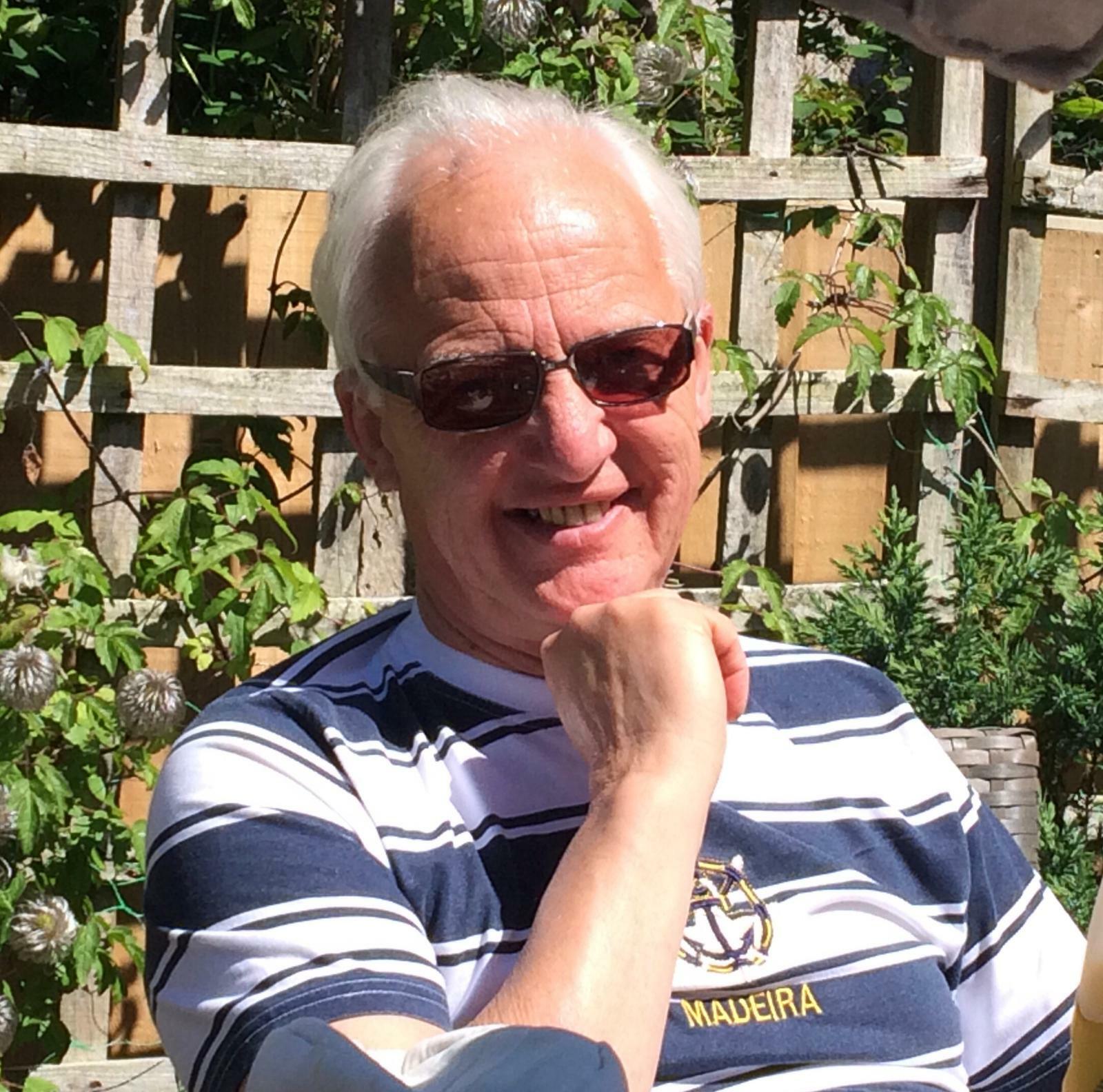
It is with deep regret that LSTM has learned of the unexpected death of Malcolm Guy who was Head of LSTM’s Dagnall Teaching Laboratory from 1989 to 2000.
Malcolm Guy joined LSTM from the London School of Hygiene and Tropical Medicine, having been a Senior Chief Medical Technical Officer in the Department of Parasitology. He worked under the late Professor Garnham running his highly successful unit which focussed on malaria. Malcolm was appointed a Fellow of the Institute of Science Technology in 1977. He was involved in the ground-breaking studies which discovered the existence of hypnozoites of primate Plasmodium malaria with Garnham, Bray and Krotoski, which paved the way for studies which confirmed the existence of P. vivax malaria hypnozoites.
Earlier he gained experience in the field working on trypanosomiasis with the late Dr Ronnie Heisch, in Nigeria in 1969. With Professor Bob Killick Kendrick he was an integral part of the large team which in the 1970s made the annual pilgrimage to the south of France to work on Leishmaniasis and sandflies with the team from Montpellier under Professor Rioux.
Malcolm was an author on many papers, which were generated by the Garnham and Killick-Kendrick teams and his technical contributions to laboratory and field parasitology was critical to their success.
Malcolm was a highly popular, knowledgeable and widely respected resource for all the DTMH and Master’s students who spent many hours in the Dagnall. Over the 11 years in charge of the lab, a quick calculation would suggest that he supported well over 2000 students on these courses as they spent many hours seeking to find elusive parasites in blood or stools. He always had time for any student who had a query or was struggling to make a diagnosis. His knowledge of diagnostic parasitology was unsurpassed. This made him an appreciated resource post retirement for other courses notably his many trips to Dublin where he was an Honorary Lecturer teaching on the Diploma course and to undergraduate medical students at the Royal College of Surgeons in Ireland (RCSI) and with the RCSI course in the Medical University of Bahrain. He worked with WHO on setting up laboratory training courses in the Middle East.
Malcolm was deeply respected for his calm perspectives and brought those qualities to the Council of the Royal Society of Tropical Medicine as a member of Council from 1995-1998 having previously edited the RSTMH Newsletter. He worked as a Consultant for WHO, the British Council and the Liverpool Associates in Tropical Health and his travels took him to west and east Africa, much of north Africa and southern Europe with the “leishmaniacs” ,as they became known, as well as to Afghanistan and Pakistan with WHO. On retiring from LSTM he became Scientific Administrator at the MRC laboratories in the Gambia. Malcolm was always ready to assist, support and provide advice. He had a great wit and sense of humour, but was modest and calm with an engaging smile; he was a totally reliable, appreciated and committed colleague who will be fondly remembered by generations of students in both London and Liverpool.
Malcom leaves behind his wife Frances and two daughters, Catherine and Beverley, to whom we send our deep and sincere condolences. Anyone who wishes to contact the family directly can do so via info@lstmed.ac.uk